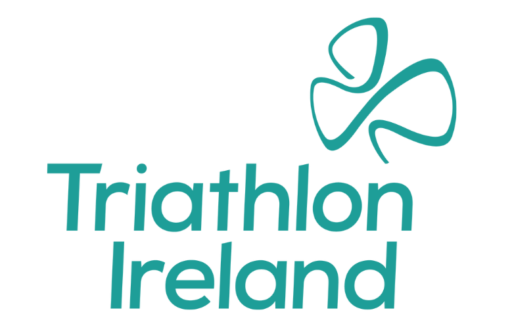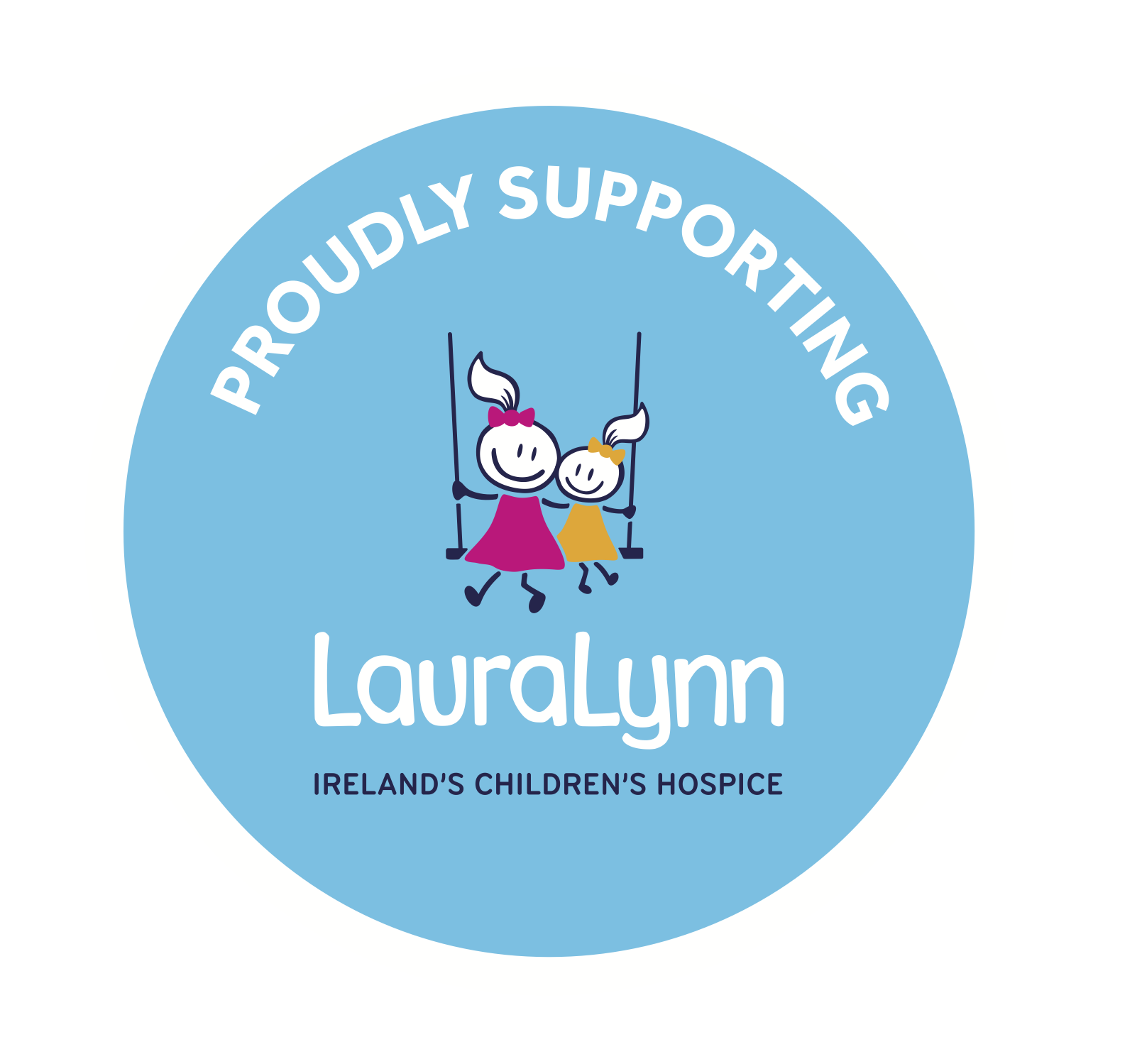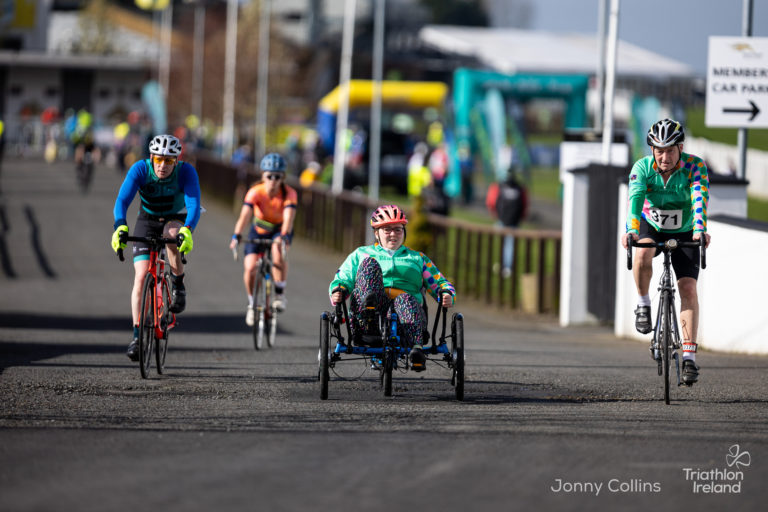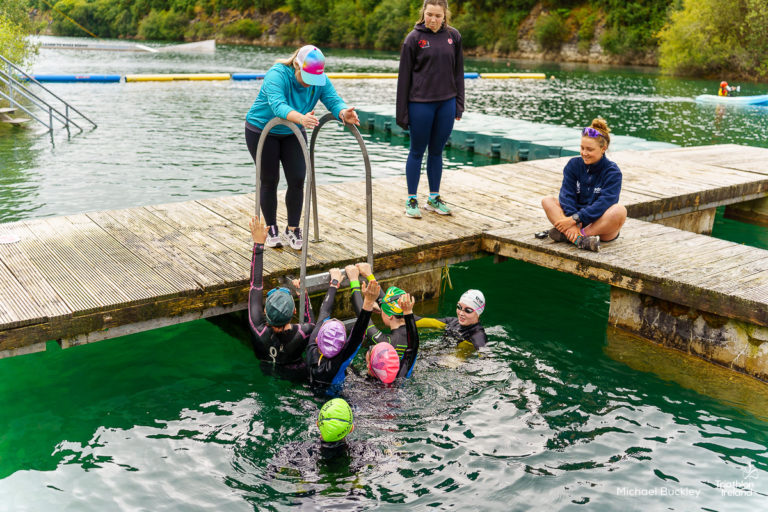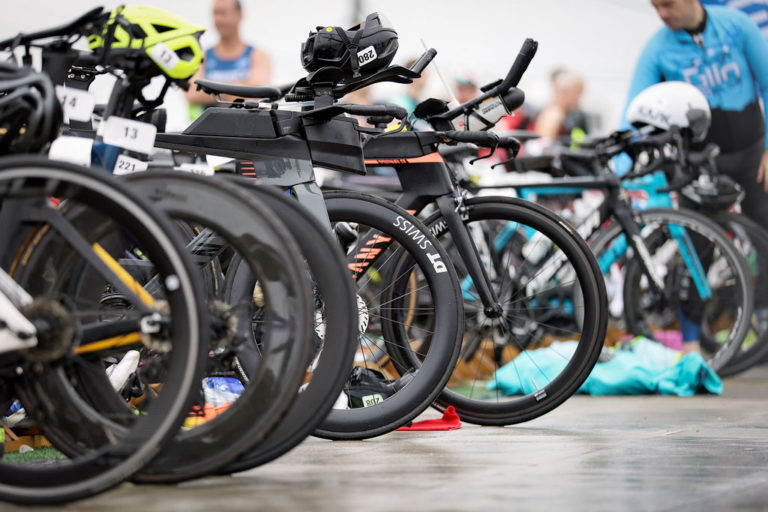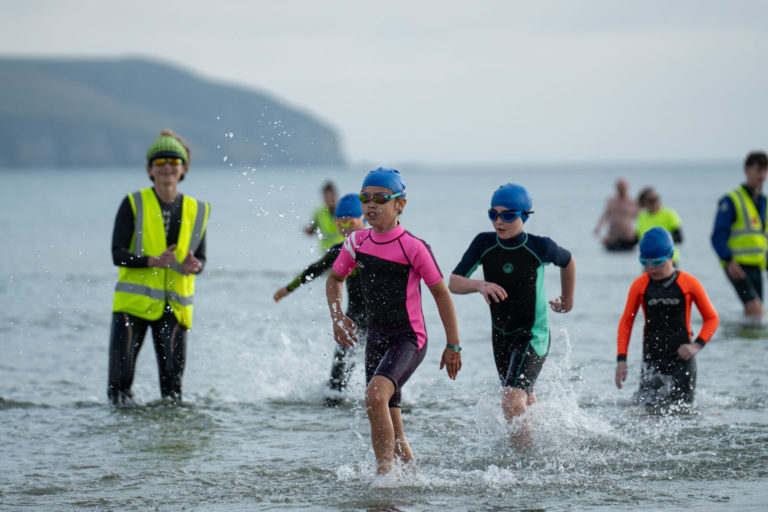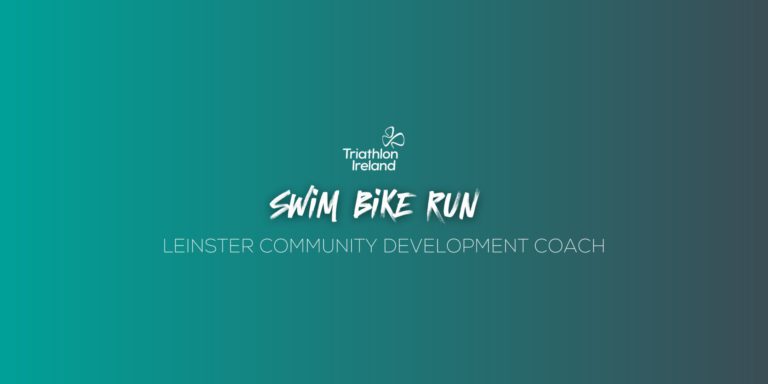Run and Ride 2021

Run and Ride is back for 2021 with a plan to help you get fit for summer while having fun along the way.
Starting on Monday April 5th, Triathlon Ireland’s expert coaches will deliver a six week training programme designed to improve your running and biking .
At the end of it all, everybody is invited to take part in the Run and Ride weekend by completing a sprint or standard distance duathlon on May 15th-16th.
Run and Ride is a participation event, not a competition, however friendly rivalry is lots of fun and participants will be able to upload their duathlon data to our special results site that will feature thousands of others tackling the exact same challenges across the country.
Supporting LauraLynn Children’s Hospice
Run and Ride 2021, is completely free of charge but we do ask that you donate a small fee – or better still fundraise for LauraLynn.
LauraLynn is Ireland’s Children’s Hospice delivering services to children with palliative care needs, complex care needs, and complex disabilities, while also providing family support services and a home to residents where quality-of-life is paramount.

Challenges for Everybody
The training programmes will run over six weeks and are all designed to be done from home and all you need is a pair of runners and a bike.
There are two levels of difficulty:
STARTER LEVEL: For people who are getting fit and want to take on the challenge of completing a full sprint distance duathlon by week six – that’s a 5km run, a 20km ride, and a 2.5km run – all without stopping!
You must be over the age of 16 to participate in the Starter Level. If you are aged between 16 and 18 and want to participate, you must have your parent or guardian register you on our ResultsBase site.
CHALLENGER LEVEL: For existing Triathlon Ireland members or people who have completed a duathlon or triathlon in the past want to take on the challenge of completing a full standard distance duathlon by week six – that’s a 10km run, a 40km ride, and a 5km run.
You must be over the age of 18 to participate in the Challenger Level
Get Started
Getting started is easy – simply head to the Run And Ride homepage on ResultsBase.net and click the REGISTER NOW button.
Then select your challenge for each of the six weeks (you can always change your selection afterwards if you want to step up or down a level).
COVID-19
Participants are reminded to stay within government advice on COVID-19 at all times when training and when completing your duathlon event.
If you are unsure what this advice is, check out the latest Return to Triathlon update.
Insurance
Triathlon Ireland insurance will operate as normal for all Triathlon Ireland members participating in the challenge. Triathlon Ireland insurance does not operate for non Triathlon Ireland members and individual non Triathlon Ireland members participating in the Run and Ride challenge are personally responsible for any losses incurred.
Participation in the Run & Ride Challenge is at the Participant’s own risk. The Participant irrevocably agrees to hold harmless, indemnify and reimburse the organisers from and for any sum, costs or expenses (including legal and professional fees) incurred, payable or paid by the organisers to any person (including the Participant and/or any of the Participant’s insurers) in connection with any accident, loss, damage or injury (including death) arising out of the participant’s participation in the event or any part thereof.
Other than as stated below, the Organiser shall not be liable for any loss, damage or expense arising from an event of Force Majeure. The organiser, its staff, agents or contractors shall not be liable for indirect or consequential loss or damage. The participant acknowledges that personal accident and personal items insurance is his/her sole responsibility.
The organiser shall not be liable to the participant for any loss or damage of or to personal equipment belonging to the participant, or any indirect or consequential loss or damage whatsoever arising out of the participant taking part in the activity; or for any loss of business; revenue or profit; loss of reputation; anticipated savings or wasted expenditure; pledges made on your behalf or by you to charity. The organiser will not be liable for any actions of any spectators or other third parties.
Duathlon Rules
1. Triathlon Ireland will reserve the right to remove any result which it deems to be lacking in evidence or athletic history on behalf of the competitor (for instance anyone running sub 35mins for 10km can expect us to check their history to see if this is consistent with past performances).
2. Triathlon Ireland will reserve the right to remove any result which it deems to have been done with the assistance of a motorised vehicle or an ebike.
3. Triathlon Ireland will reserve the right to remove any result which was recorded on a downhill section of road or trail.
4. Triathlon Ireland will reserve the right to remove any result which is not backed up by sufficient data or evidence of completion.
5. Triathlon Ireland will reserve the right to remove any result which it deems was not completed by the registered participant.
6. All activities must be completed outdoors – data from Zwift or other indoor trainer platforms is not eligible for inclusion.
Safety Tips for Training On Your Own
● Use pre-exercise screening to identify whether you are at a higher risk of experiencing a health problem during physical activity. This is a filter or ‘safety net’ to help decide if the potential benefits of exercise outweigh the risks for you.
● When deciding if any exercise is safe, you need to consider the technique used as well as your individual condition, such as injury history and fitness level.
● If you have a pre-existing injury or medical condition, consult a sports medicine doctor, exercise physiologist or physiotherapist.
● Be aware that increasing the speed of any exercise can increase the risk of injury.
● Avoid or modify any exercise that causes you pain or discomfort. Don’t ignore your body’s signals of fatigue, discomfort and pain.
● Cross-train with other sports and exercises to reduce the risk of over training.
● Make sure you have at least one recovery day, preferably two, every week.
● Remember that injuries need rest – trying to ‘work through’ the pain will cause more damage to soft muscle tissue and delay healing.
● Avoid starting exercise dehydrated. Drink plenty of fluids for several hours prior to exercise.
● Always tell someone where you will be and what time you expect to return
Equipment
● Wear protective equipment during training, not just for competition and games, ensure you wear an approved helmet when cycling.
● Make sure your equipment is appropriate to your size and age.
● Wear appropriate shoes for your sport and replace them before they wear out.
● Check equipment regularly and replace if worn out. If you are unsure how to maintain or check your equipment, consult with your coach or sporting association.
● Plan your route in advance and pay attention to avoid possible hazards or accidents that could cause you or any third party injury
● Identify and evaluate possible risks
Stop exercising and seek medical help if you experience symptoms such as:
● discomfort or pain
● chest pain or other pain that could indicate a heart attack, including pain in the neck and jaw, pain travelling down the arm or pain between the shoulder blades
● extreme breathlessness
● a very rapid or irregular heartbeat during exercise.
